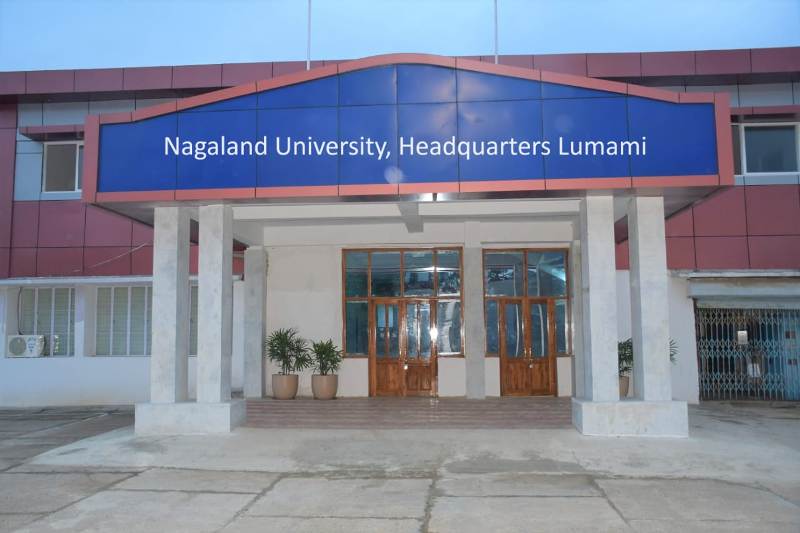Lumami: Nagaland University researchers have developed nature-inspired technology to recover valuable resources like nutrients, biofuels, biogas, and clean water from wastewater.
They have advanced the concept of bio-based soft technologies — a class of nature-inspired, energy-efficient systems that utilise plants, algae, microbes, and ecological interactions – to simultaneously treat wastewater and recover valuable resources.
This research creates a roadmap for future applied research, pilot implementations, and technology integration with national sanitation and water reuse programs of the nation.
Resource recovery from wastewater in bio-based production processes offers significant economic and environmental benefits.
Industries can improve sustainability and profitability by considering established separation technologies and focusing on high-value compounds (biofuel, biogas, nutrients, energy, water, etc).
Bio-based soft technologies for resource recovery from wastewater are operated by emphasizing natural processes such as microbial action, plant uptake, and ecological interactions to break down pollutants and extract nutrients.
The transition from concept to implementation, supported by advancements in process systems engineering, requires careful techno-economic evaluation and process optimisation.
The Research was led by Prof. Prabhakar Sharma, Head, Department of Agricultural Engineering and Technology, Nagaland University.
The study synthesises innovations like algae-based systems, microbial fuel cells, and constructed wetlands that facilitate circular economy integration.
The researchers have published their findings in the reputed, peer-reviewed journal Current Opinion in Environmental Science & Health
Prof. Jagadish K. Patnaik, Vice Chancellor, Nagaland University, said, “The global wastewater burden from domestic, agricultural, and industrial sources poses severe environmental threats due to pollutant discharge. Conventional treatment methods focus on pollutant removal but neglect the potential for extracting valuable resources, leading to sustainability challenges and resource depletion. It creates opportunities for resource recovery. Hence, there is a need for such research.”
Highlighting the advantages of this technology, Prof. Prabhakar Sharma, Head, Department of Agricultural Engineering and Technology, Nagaland University, said, “The research underlines a transformative shift in wastewater treatment by presenting it as a resource hub rather than waste disposal.”
Prof. Sharma stated, “Adoption of these soft technologies can reduce environmental pollution and improve water quality, enable sustainable agriculture via nutrient recovery and support decentralised, low-cost treatment options in rural and peri-urban settings. Such technologies can also advance India’s circular economy and climate resilience goals.”
He further added, “The technical feasibility of bio-based soft technologies is mostly confined to controlled laboratory settings. To assess the effectiveness and applicability of this technology in a practical setting, a pilot-scale implementation is required. Developing decentralized treatment units in collaboration with local communities and industry partners, carrying out long-term research on system stability and resource recovery effectiveness, and pursuing standardization and cost optimization are the next steps.”
The unique aspects of this research include holistic integration of resource recovery with pollutant removal, addressing both sustainability and environmental health, and emphasis on hybrid bio-based systems combining technologies (e.g., microbial fuel cells + algae systems) for synergy and efficiency.
ALSO READ: Nagaland government urges CNCCI to reconsider indefinite shutdown plan
It also includes consideration of emerging contaminants like microplastics by highlighting mechanisms for their capture and potential degradation.
Besides, it focuses on scalability, techno-economic evaluation, and future research directions to address practical deployment barriers.















